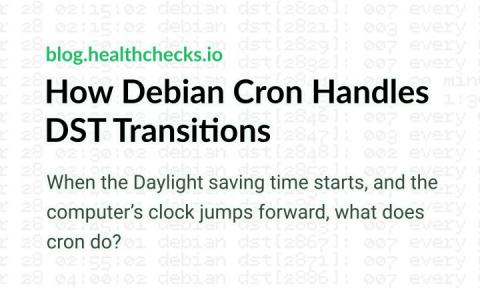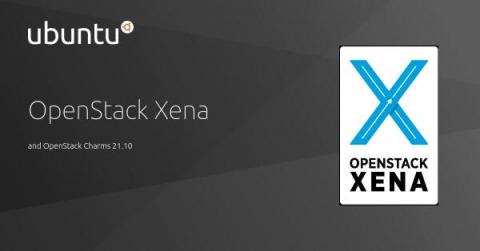How Debian Cron Handles DST Transitions
When the Daylight saving time starts, and the computer’s clock jumps forward, what does cron do? If the clock jumps from 1AM to 2AM, and there is a job scheduled for 1:30AM, will cron run this job? If yes, when? Likewise, when the Daylight saving time ends, and the clock jumps backward, will cron possibly run the same scheduled job twice? Let’s look at what “man cron” says.











